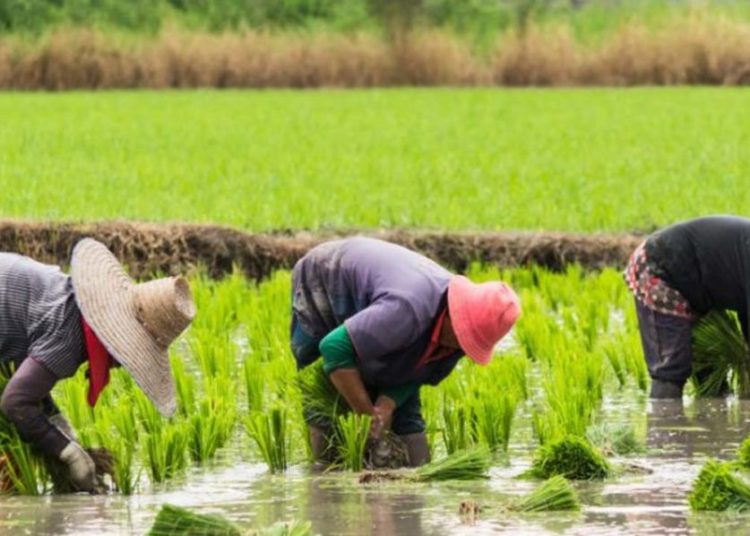The Federal Ministry of Agriculture and Food Security has begun a project to tackle short-lived climate pollutants (SLCP) in the agricultural sector.
The permanent secretary, Temitope Fashedemi, at the project inception workshop in Abuja, highlighted the importance of the project in reducing open field burning, a practice that contributes significantly to air pollution and climate change.
According to him, the project aligned with Nigeria’s updated National Determined Contributions (NDC), which includes a National Action Plan to reduce SLCPs such as black carbon, methane, and hydrofluorocarbons (HFCs).
He said that the “No Burn Alternatives” project aimed to decrease SLCP emissions from agricultural waste by introducing clean alternatives like conservation agriculture and briquette making.
According to the permanent secretary, these methods are expected to increase the adaptive capacity of farmers and reduce the environmental impact of traditional agricultural practices.
The initiative will initially focus on 500 farmers and 35 extension officers in Gboko, Benue State with outcomes to be documented and disseminated to extension officers and key influencers across other local government areas and states, aiming for a nationwide reduction in SLCPs.
Fashedemi called on all participants to spread the word about the development, as climate change poses a real and present danger to the agricultural sector.
He said, “The project is to help reduce short lived carbon emission from agricultural waste that will help to increase the adaptive capacity of farmers with the replacement of open field burning of agricultural waste with clean alternatives like conservation agriculture, briquette making etc”.
The country director, Self Help Africa, Joy Aderele, in her remarks, highlighted the critical importance of the project as she emphasised the detrimental effects of SLCPs on human health, agriculture, and ecosystems.
She said that her organisation, which serves as the implementation partner, takes pride in its efforts to alleviate hunger, poverty, social inequality, and the impact of climate change through community-led, market-based, and enterprise-focused approaches.





